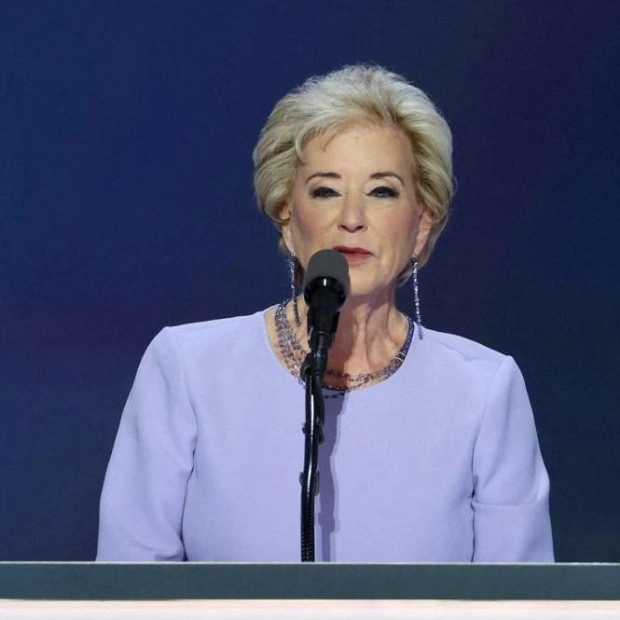It's time to bring out the winter wear as temperatures in the UAE are forecast to dip as low as 12°C in the coming weeks, marking the transition to cooler winter weather. Don't forget to keep an umbrella handy, as this shift will bring some rainfall and windy conditions, according to an expert from the National Centre of Meteorology (NCM).
Speaking to Khaleej Times on Thursday, climate expert Dr Ahmed Habib explained, "Starting from December 16, the region will experience north-westerly winds accompanied by cooler air masses, resulting in a gradual temperature decrease. Temperatures across the UAE are expected to drop by 5-7°C, starting in the western areas and gradually spreading to the rest of the country." He added, "Gradually, the UAE will see the maximum temperature around 25-26°C, with the minimum temperature dipping to 12°C."
This week, the country experienced rainfall in certain eastern and northern regions, prompting authorities to issue red and yellow alerts due to the potential for fog formation, which could significantly reduce visibility. Meanwhile, the weekend is likely to bring more rainfall. The days will be partly cloudy to cloudy at intervals, with a chance of rainfall in eastern areas like Al Ain and northern regions like Ras Al Khaimah. Light to moderate winds are expected, occasionally strengthening and causing blowing dust during the day.
"It’s expected to be a rainy weekend, from Friday through Sunday. While Dubai itself has a low chance of rainfall, the islands and over the sea have a significant likelihood of rainfall, along with areas like Ras Al Khaimah, the northern part of Umm Al Quwain, and possibly the eastern region, where light to moderate rain is anticipated. The sea will be rough, associated with strong north-westerly winds," Habib noted.
Winter officially begins in the UAE on December 22. Over the past 30 years, the country's coldest period has been three days, from January 16 to 18. According to the traditional Arabian Gulf calendar, the winter season is divided into two main periods: “Arba in Al Merei” and “Arba in Al Aqrabi,” each lasting 40 days. “Arba in Al Merei” starts around December 28, marked by intense cold and rainfall.
Dr Habib explained, "The winter season in the UAE begins on December 22, and temperatures will gradually decrease throughout December and January. However, this can vary depending on the atmospheric conditions, such as the direction and nature of the incoming air mass. Cold air masses, particularly at night, will affect the interior regions of the country." He also mentioned that approximately two to three years ago, the center experienced dry winters similar to the 2023-24 season, particularly in 2001, where rainfall was minimal and occurred infrequently.
"Rainfall during this period (current year) is influenced by several factors. While the winter season generally brings a higher chance of rain, the actual occurrence depends on the specific atmospheric conditions at the time," Habib concluded.
Source link: https://www.khaleejtimes.com






